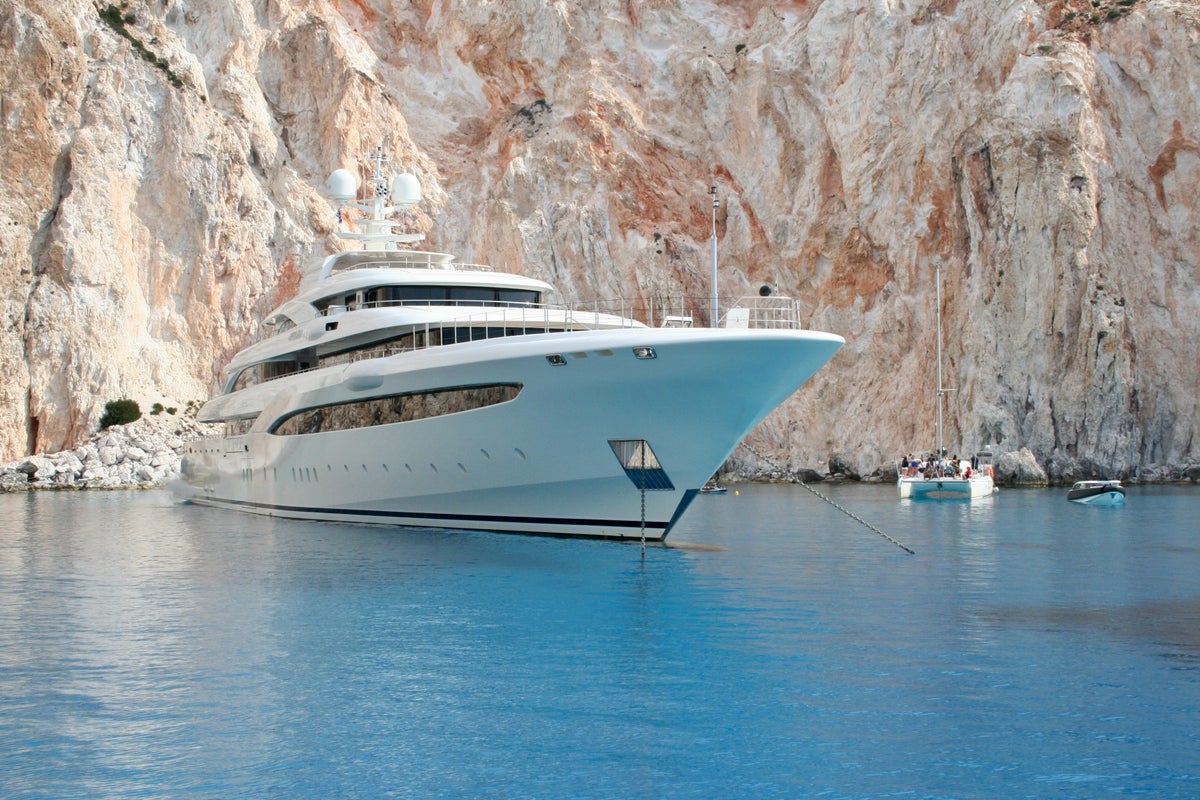[ad_1]
In just over 24 hours, over 375,000 people have seen Three Arrows Capital (3AC) founder, Kyle Davies, served a subpoena by way of Twitter. Without context, this seems like an attempt to embarrass Davies – but in contacting the liquidators and reviewing the court documents they provided, it seems to have been more a matter of necessity. Davies and co-founder Su Zhu have been avoiding their liquidators.
Twitter account @3ACLiquidation tweeted Davies’ account, presenting him with a subpoena. You can view a redacted copy attached to the tweet:
Why is 3AC receiving a subpoena?
In late June 2022, 3AC became the first in a series of waves of destruction ahead of the collapse of FTX FTT/USD and Alameda Research. 3AC filed for bankruptcy in the British Virgin Islands and began liquidation proceedings. Joint liquidators were appointed by the court in the British Virgin Islands and are employed by global advisory board Teneo.
It is notable that filing for bankruptcy was a voluntary act, and working with liquidators to satisfy creditors is the nature of bankruptcy.
However, co-founders Davies and Zhu seem to have changed their minds, leaving both 3AC and the joint liquidators unable to do their work. Reuters reported that 3AC has complained that Davies and Zhu are “still not cooperating with asset recovery.”
The 3AC founders have squarely shifted the blame to FTX. In a Nov. 16 CNBC interview, Davies said that FTX and Alameda Research “hunted our positions,” crashed the price of the cryptocurrency Luna, and “took us down.”
The joint liquidators are reaching out via Twitter because the co-founders are putting energy into tweeting and doing interviews that seem to shift blame to FTX and Alameda, but they are not working with liquidators to pay their creditors.
On Dec. 3, Davies tweeted: “Unfortunately our Liquidators seem to refuse to engage us constructively. After months, cash in a bank account, and minimal asset sales, there have still been no disbursements to creditors. Let us speak openly with all creditors to find a better way forward.”
However, Davies seems to be disinclined to show the same openness to the liquidators.
Why did liquidators have to reach Davies by tweet?
Benzinga contacted a representative of Teneo to get their side of the story. They shared the presentation they gave to Martin Glenn, Chief United States Bankruptcy Judge.
The presentation showed a history of trying and failing to speak with 3AC founders, stating:
“Singapore counsel provided email addresses to contact the Founders; however, the Founders and their counsel have not been responsive to Liquidators’ communications.”
The firm lists the interviews the founders gave to Bloomberg on July 22, 2022, and to CNBC on Nov. 16 and complains that the founders have been tweeting “throughout the proceedings” and have been “active and responsive to comments on Twitter.”
While the founders of 3AC have been active on social media, they have “repeatedly failed to engage,” according to the liquidators.
- On July 6, 2022, the liquidators had an introductory Zoom call with counsel from Advocatus and Solitaire, the founders were present, but their video was turned off, and they remained on mute throughout the call, the liquidators added.
- The liquidators have had only one other discussion with Zhu and Davies, and have had limited discussions, predominantly over email, with the founders’ Singapore counsel.
- The founders’ limited cooperation has led to only cursory disclosures of assets and certain agreements, the liquidators said. They added that there had been no complete transfer of books and records.
- The founders have refused to accept service through their Singapore counsel, the liquidators noted.
In response, Judge Martin Glenn filed an opinion granting the liquidators permission to reach Zhu and Davies by Twitter. Judge Glenn stated in part:
“While the lack of case law allowing for Rule 45 service via email or social media is curious, this does not seem to be an indication that doing so is incorrect. Notably, it appears that in the vast majority of Rule 4 cases where service is permitted via email or social media, the service is made outside the United States, on foreign persons or entities.”
Are People Getting Their Money Back?
Despite major issues in communicating with the founders, Three Arrows’ liquidators have recovered $35 million in USD, $2.75 million in “proceeds from forced redemptions of investments,” and an undisclosed amount in more than 60 cryptocurrencies.
Liquidators stated: “Multiple transfers have been identified to pay for the ‘Much Wow’ superyacht directly from the Debtor’s funds. The contract to purchase Much Wow was terminated by the shipbuilder due to incomplete payment. The debtor has filed an interim claim in the Cayman Islands liquidation for $30 million pending the outcome of further investigations.”
There are actions filed in the British Virgin Islands, Ontario Canada, Cayman Islands, Singapore, and Seychelles in addition to the U.S.
The liquidators said that when they gained access to the Singapore office, most physical documents, servers, and hard drives had been removed, and that other hard drives were being held pending a dispute with 3AC’s former investment manager before the Singapore courts. The liquidators also have reason to believe the founders engaged security experts in mid-June 2022 to, “establish secure communications between designated individuals that could be deleted.”
It is hard to say how long this process will continue, with Davies saying, “Let us speak openly with all creditors to find a better way forward,” while at the same time resisting liquidation based on nebulous claims of the blame belonging to FTX.
Photo: courtesy of Unsplash
[ad_2]
Image and article originally from www.benzinga.com. Read the original article here.

